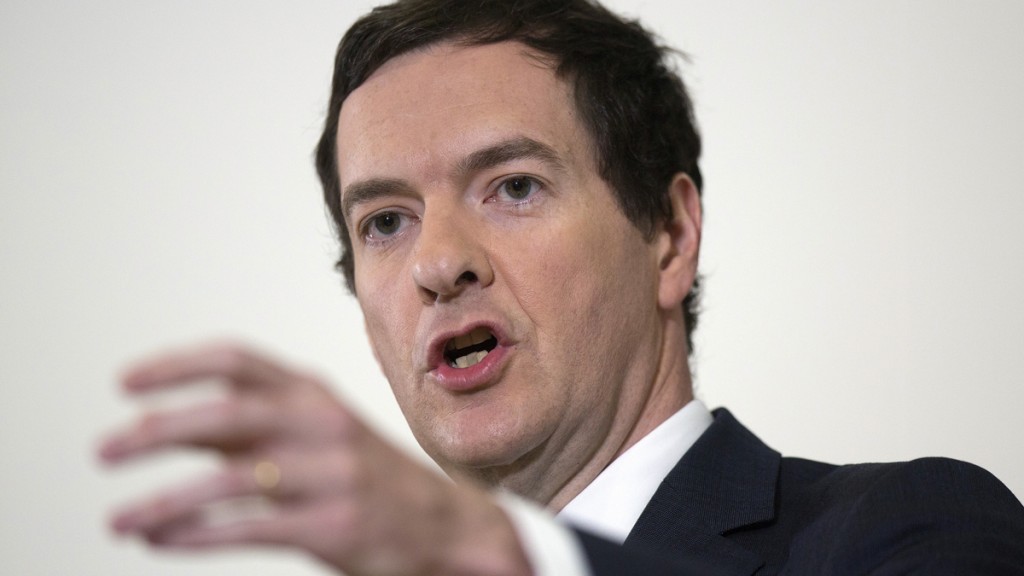
I wrote a few weeks before the referendum that voting for Brexit was not a sure fire way to get Brexit.
No one took that particularly seriously. And even after the vote, when I said the same thing on a BBC radio programme, the other panellists (all politicians) shook their heads sadly and the audience tittered at my stupidity. Today, however, finding a way to make sure that Brexit means anything but Brexit is all the rage.
There are hopes that Nicola Sturgeon will somehow veto the whole thing. She can’t – EU membership is a not devolved issue – but that’s unlikely to be enough to stop her saying she can and having a go.
There is the idea that if the current UK Parliament delays invoking Article 50 long enough it will never have to do it at all. Parliament could, for example, pass a motion calling on the prime minister not to invoke Article 50; that would certainly delay matters. And, of course, the shape of any withdrawal deal, as Peter Warburton of Economic Perspectives points out, has to be approved by Parliament (it would be a treaty) and they can therefore reject anything that doesn’t have the kind of integration in it that they want. That wouldn’t be popular with an electorate under the impression the referendum was somehow binding on parliament (it isn’t) but it’s perfectly possible.
There is talk of a second referendum to take into account the fact that buyer’s remorse is being reported among Leave voters. The fact that this doesn’t actually exist is seen as by the by (see this ComRes poll for the Sunday Mirror which makes it clear that a net 92% of Leave voters are happy with the result and a mere 1% say they are “fairly unhappy “).
And finally there is the FT’s idea – that we have another general election; that one party stands on a “think again” platform; or better still that a “new centrist pro European party” is created to shake things up. That could either allow the new parliament to just ignore the referendum altogether or to use the excuse for another referendum on the matter. It is far from fanciful, says the FT “to imagine that the next two years or so will see the complete recasting of the nation’s politics.”
So there you have it. Brexit? The country might have voted for it, but actually getting the government (we do still have one by the way…) to deliver it will be a much bigger challenge all round.
This isn’t by the way all bad – the vote was very close and the very substantial minority has to be taken into account, too. So a compromise deal (rather than a new referendum or a drive to ignore the result) might well be the best way out.
This piece by Dan Hannan on aiming for a new “associate status” within the EU might work, as would a bumped up membership of EFTA as discussed before (and again in the magazine subscribers will get this week). Note that the top concern of those who voted Leave was not immigration but sovereignty and democracy.